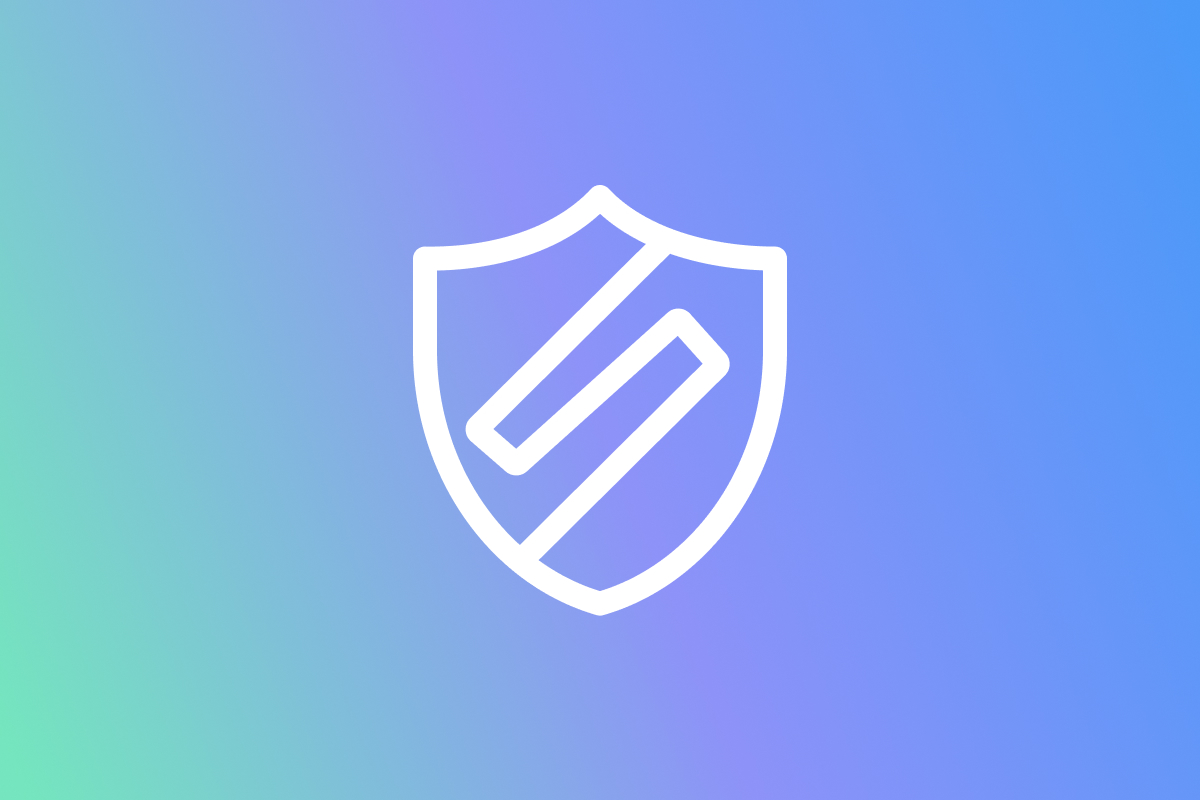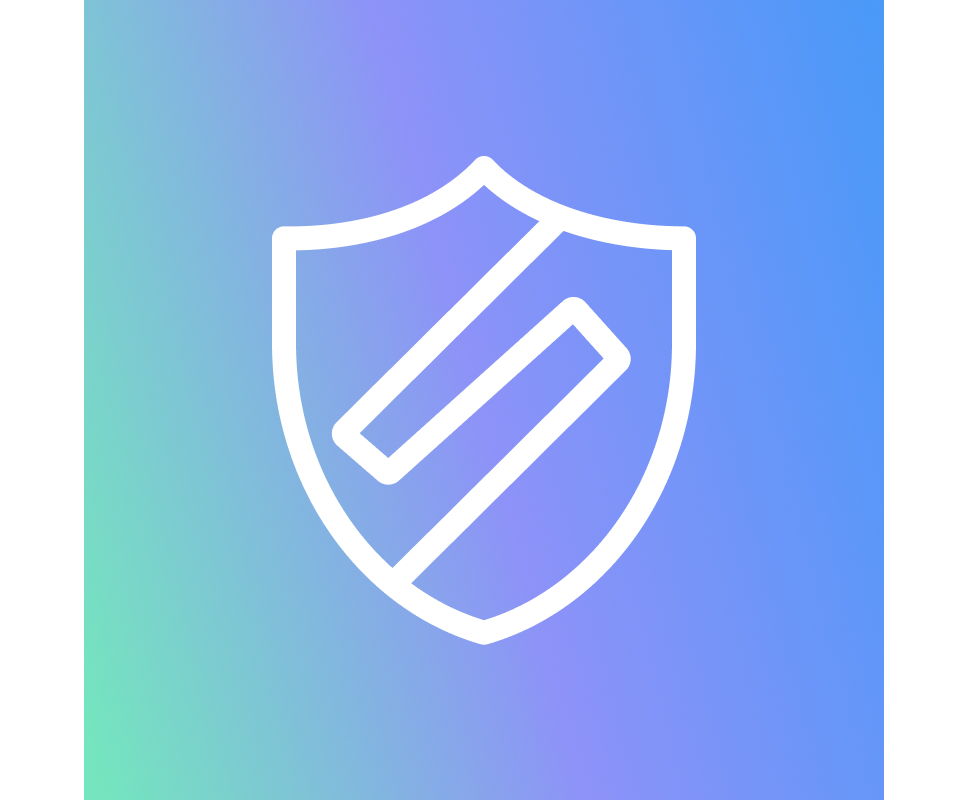According to IBM’s Cost of Data Breach Study for 2016, the average consolidated cost of a data breach has grown from $3.8 million to $4 million. The study also predicts a 26-percent likelihood of a material breach involving 10,000 lost or stolen records in the next 24 hours. The question of how expensive data breaches can be isn’t up for debate. But how we can learn from them remains an ongoing discussion. Here are five of the biggest data breaches from 2016 and how they can impact and educate everyday consumers.
Democratic National Committee
Perhaps one of the highest profile cases of hacking in 2016 was when 20,000 emails were leaked from the Democratic National Committee and published on Wikileaks. There was evidence that the emails were handled by a foreign entity before reaching Wikileaks and the CIA later determined that Russia officials were likely involved in authorizing the hack. While the Democratic National Committee is a government-affiliated organization, everyday citizens were also found at risk of becoming targets by association. Be sure to safeguard any of your accounts associated with government agencies, such as when paying estimated taxes online or registering to vote.
Yahoo
In December 2016, Yahoo announced more than 1 billion user accounts were compromised as early as 2013. According to the Guardian, stolen information may have included telephone numbers, dates of birth, un-encrypted security questions and answers as well as other sensitive information. There’s only so much any email provider can do to ensure their users’ safety. Email hacking can be especially damaging to users who use the same password across multiple accounts, including banking and social media. That’s why it’s imperative to use long, unique passwords that never use personal information like birthdays or anniversaries.
SWIFT Hack
In February 2016, hackers made off with $81 million in a sophisticated Bangladesh Bank heist. Global financial messaging system SWIFT announced that cyber thieves were able to send fraudulent SWIFT messages to request large money transfers. More hacking attempts surfaced since the Bangladesh heist, and SWIFT put pressure on banks to upgrade their security protocols and software. Shane Shook, a banking security consultant, maintains that it’s more profitable for cyber thieves to target banks than individual consumers. Banks are responsible for safeguarding your money, but consumers can also take steps to prevent cyber theft. Regularly change passwords and avoid online banking unless you’re using a secured, password-protected internet signal. Consumers should also always call their financial institutions directly instead of giving out information to someone who has called them.
OurMine
Hacking group OurMine hacked the accounts of major executives and public figures including Mark Zuckerberg and Katy Perry. To date, the group hasn’t threatened to blackmail users but claims to want to bring security issues to light. Even the most tech savvy can fall victim to cyber hacking. But the case with OurMine goes beyond needing to change passwords and stay diligent. Never give money to a group claiming to help with computer viruses, ransomware or online security. Always research and cross-reference your findings with online reviews and referrals before letting anyone else take control of your security.
San Bernardino iPhone
One of the most high-profile cases of hacking was not done by cyber thieves hiding in the shadows, but with the help of the FBI. After the San Bernardino terrorist attack, the FBI and Apple battled it out over the right to gain access to the suspect’s phone. Apple refused to create a backdoor into the iPhone after the FBI failed to crack the phone’s encryption technology. A security company was finally able to help breach the phone. Even the most secure and encrypted device still has vulnerabilities and is accessible to hackers. Keep your information safe by never storing sensitive information on your smartphone and only downloading apps from trusted sources. There’s no one way to protect your data and security online, but one of the best places to start is by keeping control over your online identity. Regularly check your financial statements, credit reports and any social media activity to ensure you’re the only one with access to your most valuable virtual assets.

